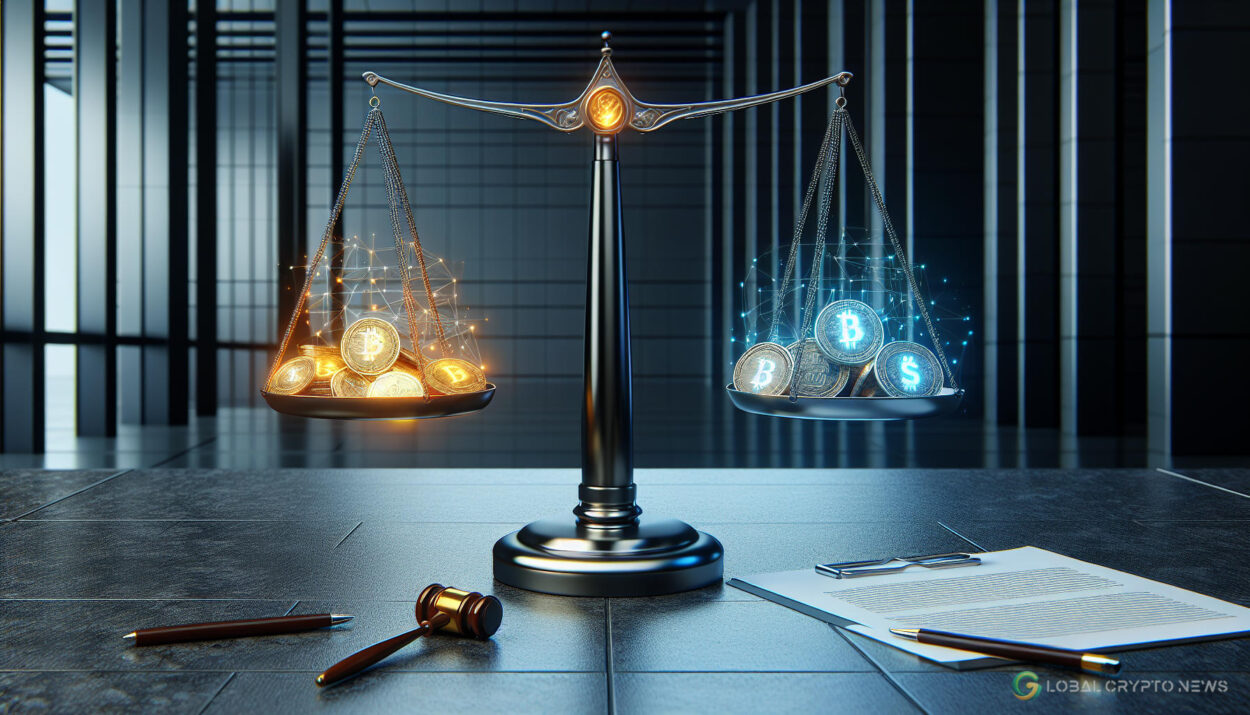“`html
Hearings on the Digital Asset Market Clarity Act were held on June 4, 2025. This bipartisan legislation aims to clarify the regulatory framework for digital assets. However, political tensions between Democrats and Republicans have raised questions about whether these disagreements could hinder innovation in the cryptocurrency space.
“The Worst Technical Assistance Briefing”
Before the hearings, the Securities and Exchange Commission (SEC) was expected to provide consultations to members of the House. However, House Democrats claimed they were excluded from receiving proper assistance. According to unnamed Democratic staffers, the individual selected to provide the consultations, Landon Zinda of the Crypto Task Force, was allegedly unprepared to address even basic questions despite being provided with relevant materials in advance.
“This felt like they were trying to hide the ball. Some of them clearly didn’t understand the questions, and others refused to answer by claiming privilege,” one Democratic staffer commented.
Democrats further alleged that Republican members were given a detailed written analysis from the SEC, sparking frustration and accusations of partisanship. They also expressed concerns that the Clarity Act might reduce the SEC’s oversight over the cryptocurrency space, potentially exposing consumers to greater risks and allowing traditional financial institutions to exploit regulatory loopholes by branding themselves as crypto businesses.
What is the Clarity Act?
Introduced in May 2025, the Clarity Act is part of a broader effort to establish a transparent regulatory framework for the U.S. cryptocurrency market. The bill aims to protect consumers, prevent domestic innovators from relocating abroad, and encourage investments in U.S.-based crypto ventures.
Representative French Hill, the bill’s primary sponsor, described its objectives in a May interview. According to Hill, the legislation aims to:
- Define a high-standard, USD-backed stablecoin framework.
- Differentiate between crypto assets that should be classified as commodities versus securities.
- Set specific regulations for various cryptocurrency types.
- Establish clear custody rules and methods for handling crypto assets.
The bill also addresses the accountability of non-custodial platform developers, a contentious issue given the legal actions against developers of platforms like Tornado Cash. Congressman Tom Emmer emphasized the need to provide legal certainty for custodial entities while clarifying the liability of non-custodial developers, who “never touch users’ funds.” He warned that holding such developers liable could discourage innovation in the U.S.
During the hearings, Katherine Minarik, Chief Legal Officer of Uniswap Labs, argued that non-custodial developers are not money transmitters and should not be held liable under such laws. She described applying money transmitter laws to non-custodial platforms as a “profound threat” that could have a “chilling effect” on developers.
Political Tensions Continue
Despite bipartisan efforts to regulate cryptocurrencies, political divisions persist. While Republicans advocate for lighter regulations to encourage innovation and privacy, Democrats push for stricter oversight to prevent fraud and misuse of cryptocurrencies.
Republicans argue that regulatory uncertainty has stifled innovation in the U.S., citing past examples like Facebook’s abandoned Libra project. They aim to create a business-friendly environment for crypto ventures, believing this will position the U.S. as a global leader in the blockchain industry.
On the other hand, Democrats emphasize the need for transparency and consumer protection. They argue that without proper oversight, cryptocurrencies could be exploited for corruption and other illicit activities. Their cautious approach often leads to disagreements on how to balance innovation with accountability.
For instance, in the Senate, Democrats initially opposed the Genius Act, a bill focused on stablecoin regulation. Their opposition was linked to concerns over potential conflicts of interest involving former President Donald Trump’s cryptocurrency ventures. However, after further negotiations, Republicans secured Democratic support for the bill.
The ongoing debates highlight the challenges of achieving consensus in a rapidly evolving industry. While Republicans aim to position the U.S. as a hub for cryptocurrency innovation, Democrats remain wary of the risks associated with reduced oversight.
The fate of the Clarity Act will likely serve as a litmus test for the future of cryptocurrency regulation in the United States. Whether it accelerates innovation or slows it down remains to be seen.
“`
























